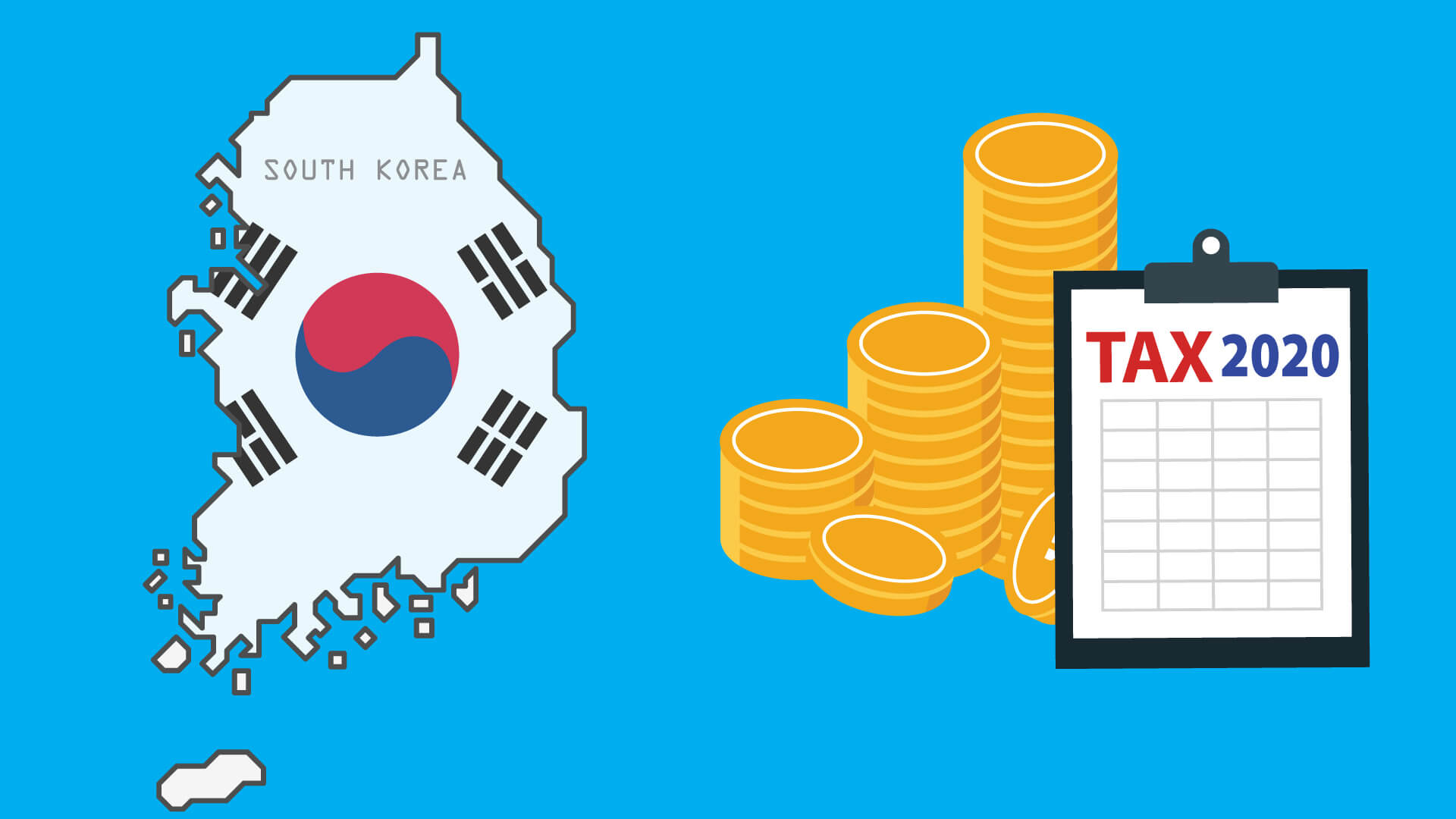South Korea has decided to mobilize its taxation policies for the economic momentum in 2020. The government will execute its mobilized taxation policies to revitalize the economy of the country. The new policies include provisions such as the expansion of tax-reduction benefits for the innovative small-scale enterprises, to set new rules to augment penalty on negligent tax-payers etc. The government has enlisted the changes in a brochure titled “Things to Change in 2020,” and some changes will be in effect immediately from 1st January 2020.
The new set of strict rules includes various degrees of punishment for the defaulters, even to the extent of physical detention. The physical detention can be applied to punish high-value or habitual tax-evaders. A person will be considered as a high-value and habitual tax-evader when he or she will default in paying tax three times consecutively and the total amount will reach 200 million Won ($172340) or more. This year’s average collection of tax from the five key tax criteria has been down 4.2% in comparison with the last year and the total amount of the arrear stands up 6.7%.
The new taxation rule also has kept room for creating a job-drive. In a positive move to install innovative growth, the new tax actions will relieve small and medium-scale industries extensively from corporate and income tax. Manufacturing sectors, SMIs, and service businesses will qualify for attaining this benefit. However, the over-competitive retailers and wholesale-dealers, high-brow professionals and gambling are excluded from the benefits of this measure.
To encourage the flow of cash in the market, the Government has also decided to initiate tax benefits on dividend incomes like real estate. For the companies that invest in improving their production capacity, the tax deduction period will be increased by two years and the rate will be increased depending on the size of the company.
The Government argues that these new fiscal policies have the potential to recover innovative growth and to improve international trade, though the policymakers are also aware of the persistent uncertainties. However, still, they are hopeful that the fourth-largest economy of Asia will grow by 2.4% which is higher than the growth of the yesteryear.




